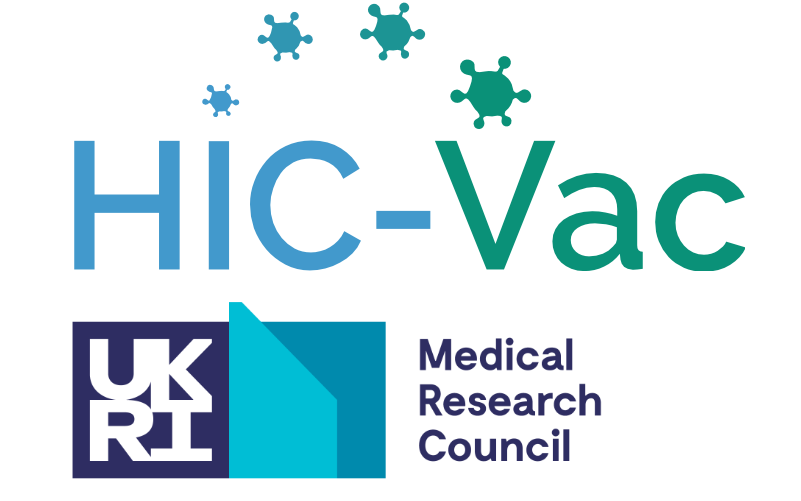Institute: KEMRI-Wellcome Trust Research Programme, Kenya
Respiratory proteomics In African and European subjects (RESPIRE)
Respiratory Syncytial Virus (RSV) is the leading cause of childhood severe acute respiratory illness worldwide. In the under 5s, there are an estimated 33 million infections, 3.2 million hospital admissions and up to 59,000 in-hospital deaths a year. All children will have been exposed to RSV by 2 years old – the proportion who become seriously ill is around 2% and the risk of death is disproportionally high for children from poor countries (where 99% of the RSV-linked deaths occur).

Image: AJC1 via Flickr
The reason for the difference in the risk of serious illness and death is not well understood. A key impediment to our understanding of the ways in which RSV causes severe disease in children are the ethical barriers of carrying out intensive and invasive sampling in infants. For this reason, most RSV studies have involved healthy adult volunteers. However, unlike infants, adults will have been repeatedly exposed to RSV in winter epidemics and will have immunity to disease. Due to these differences, is unknown whether the insights from the study of RSV in adults is relevant to infants.
In this study, we will look at the protein response to natural RSV infection in adults and infants from different parts of the world. Respiratory samples obtained from hospitalised infants from a low-income country (Kenya) and a high-income country (UK) will be compared to results of previous adult studies. By studying these protein responses, we hope to find whether the natural response to RSV in two different parts of the world differs to the adult response to experimental infection. This will provide valuable clues on the value of experimental adult infection as a tool for studying how disease happens in children.
More about Dr Sande here.

